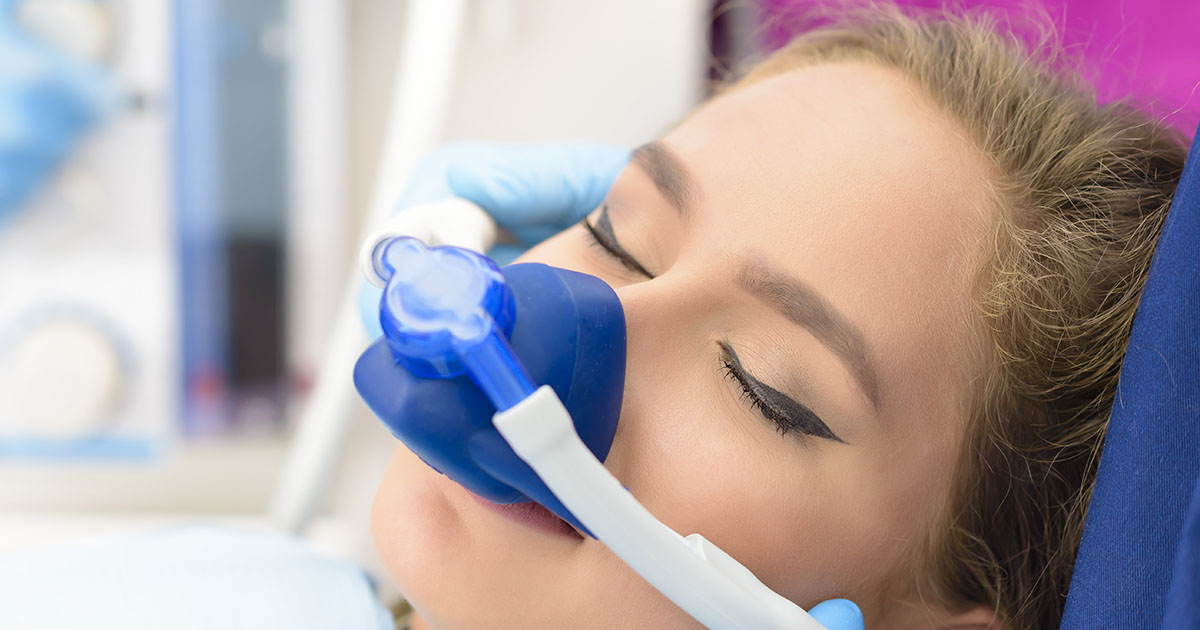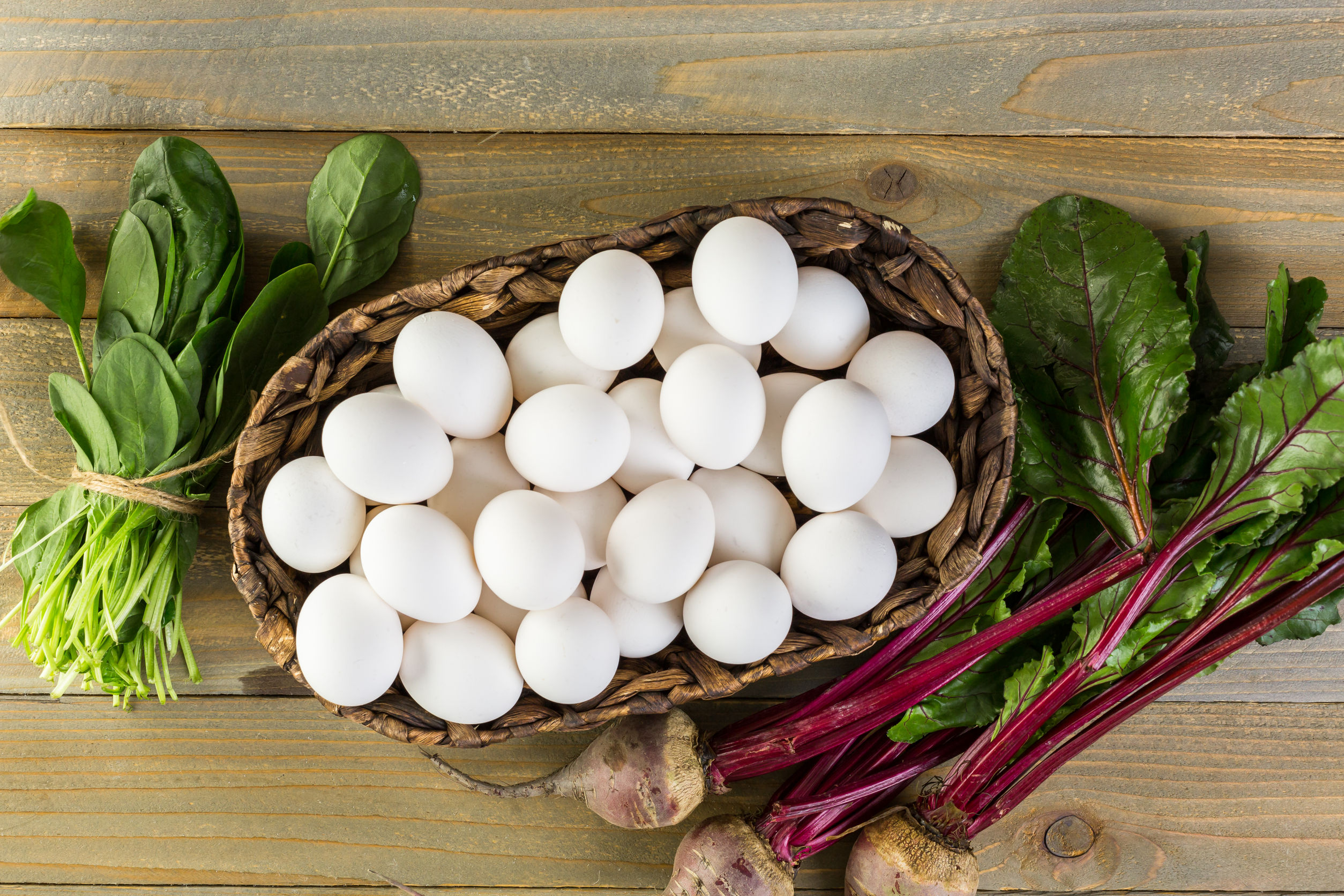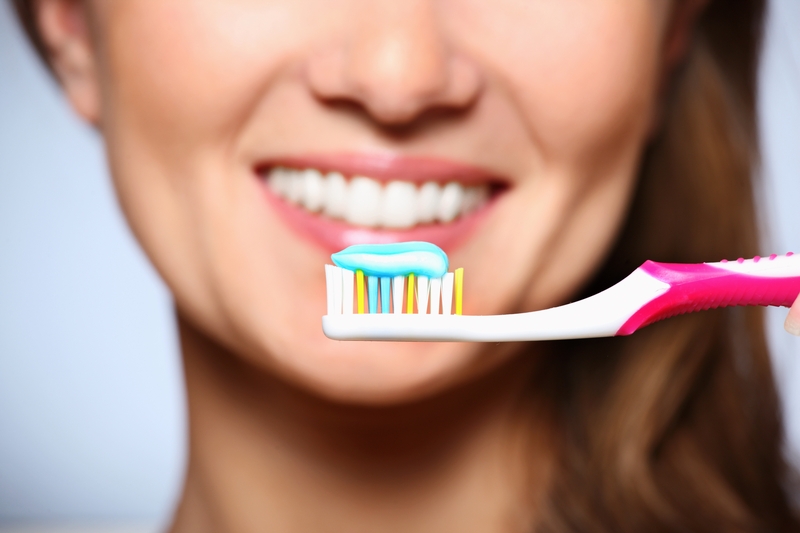 To ease anxiety during dental procedures, a mild form of sedation called Nitrous Oxide can be used. We are happy to explain the procedure, why it relaxes patients, and how it makes them feel.
To ease anxiety during dental procedures, a mild form of sedation called Nitrous Oxide can be used. We are happy to explain the procedure, why it relaxes patients, and how it makes them feel.
Among the benefits of its use are the reduction or elimination of anxiety in patients, enhancing patient communication and cooperation, raising the pain reaction threshold, making longer appointments more tolerable, aiding in the treatment of mentally or physically disabled patients, reduction of gagging, and general sedation.
Nitrous Oxide, commonly known as “laughing gas,” is a colorless, almost odorless gas, first discovered in 1772 by the English scientist and clergyman Joseph Priestley (who was also famous for being the first to isolate other important gases such as oxygen, carbon monoxide, carbon dioxide, ammonia, and sulfur dioxide). He hoped it would serve as a preserving agent, but with no success. Humphry Davy of the Pneumatic Institute in Bristol, England, experimented with the physiological properties of the gas, such as its effects upon respiration. He noted that it appeared “capable of destroying physical pain” and might serve as an anesthetic agent in minor surgical procedures.
Before widespread use for that purpose was adopted, “laughing gas” was primarily used recreationally, sometimes at carnivals where the public would pay to inhale the gas, laughing and acting silly until the euphoric effect wore off.
During one of these public nitrous oxide exhibitions, a local dentist named Dr. Horace Wells watched with interest as a man injured his leg while staggering into some nearby benches, then went back to his seat, unaware of his injury until the effects wore off. The next day, Dr. Wells inhaled the nitrous while another local dentist extracted one of his molars. Experiencing no pain during the procedure, he declared that a dental and medical painkiller was born, replacing the far more dangerous (and explosive) ether as an anesthetic. Ironically, Dr. Wells would later be given the accolade of discovering anesthesia, but he was shunned while demonstrating with a tooth extraction at Harvard Medical School in Boston after the patient expressed some discomfort. Never mind that the patient would have experienced excruciating pain without the use of the nitrous!
More than a century later, dentists now use Nitrous Oxide as a mild sedative and analgesic. It offers some degree of painkilling ability while reducing anxiety that patients may have toward dental treatment.
Use of laughing gas is not always effective because it requires the patient to breathe through the nose while his or her mouth is open to allow access to the teeth and gums.
Dentists today use laughing gas because it is safe and effective. Its use is mostly limited to professionals because it is a compressed liquefied gas and asphyxiation risk. The euphoria felt during use causes short-term decreases in mental performances and manual dexterity, as well as spatial and temporal disorientation. In other words, you’re fine inhaling it while comfortably seated during a dental procedure, but you don’t want to run a marathon or try to drive a racecar while huffing the stuff.
Nitrous oxide also depletes vitamin B12 levels, but this is generally not an issue when administered during a dental procedure. Nitrous oxide does have a negative environmental impact on the greenhouse effect, but this is primarily from natural emission from bacteria in soils and oceans, as well as the burning of fossil fuels. We also have to prevent room air contamination due to the occupational risks associated with prolonged exposure to the gas.
Like any substance producing euphoric states, laughing gas is susceptible to abuse. Many states have laws regulating the possession, sale, and distribution of nitrous oxide. Such laws usually ban distribution to minors or limit the amount of nitrous oxide that may be sold without a special license. Nitrous oxide/oxygen must be administered only by appropriately licensed individuals, or under the direct supervision thereof, according to state law. The practitioner responsible for the treatment of the patient and/or the administration of analgesic/anxiolytic agents must be trained in the use of such agents and techniques and appropriate emergency response.
According to the American Academy of Pediatric Dentistry, nitrous oxide exhibits a superior safety profile with no recorded fatalities or cases of serious morbidity when used within recommended concentrations. Nausea and vomiting are the most common adverse effects, seen in 0.5 percent of patients.
When reviewing whether your child is a suitable candidate for nitrous use, medical history is assessed. It’s important to tell us about:
Nitrous Oxide use has an excellent safety record precisely because it is used by trained personnel on carefully selected patients with appropriate equipment. The reason we ask questions during a procedure is to monitor a patient’s level of consciousness and to make sure the respiratory rate is suitable for normal breathing.
It's called "laughing gas" for a good reason. Reactions to dental anesthesia have been the stuff of memes. “David After Dentist” is the name of a YouTube video uploaded in January 2009 featuring a young boy’s reaction after a May 2008 dentist appointment. The clip is known for receiving more than 3 million views in three days, becoming YouTube's second most watched video of that year. After his surgery was completed, the youngster asked deep questions including "is this real life?" and "Is this going to be forever?" It was even spoofed in a Star Wars parody. A heavier form of sedation than nitrous oxide was likely used in this instance.
At the end of most procedures, we administer 100 percent oxygen once the nitrous oxide has been discontinued. This usually results in patients feeling like their normal selves again before leaving our office. We encourage patients to communicate about any residual disorientation and to wait additional time in the waiting room before attempting to drive if there are residual effects felt from the laughing gas. Also, maybe make sure the person taking you home promises not to record you on video and share it with the world unless you are a really good sport about that sort of thing.
Let us know if you or your child may benefit from laughing gas during a dental procedure. We are happy to discuss specifics at our office by calling (423) 238-8887 or scheduling an appointment to visit our family dentistry office located in Ooltewah, TN. We also serve Collegedale TN, Chattanooga TN and Cleveland TN communities.
Photo: © One Blink / 123RF Stock Photo
Blog © 2018 Tedford Family Dentistry: Tedford Keith DDS Ooltewah TN 37363
 Part of our mission for Chattanooga Preventive Dentistry is encouraging and educating patients to achieve a more balanced, healthy life in general. Poor nutrition affects oral health in ways that may not seem as obvious as usual culprits of gum disease or cavities.
Part of our mission for Chattanooga Preventive Dentistry is encouraging and educating patients to achieve a more balanced, healthy life in general. Poor nutrition affects oral health in ways that may not seem as obvious as usual culprits of gum disease or cavities.
It’s easy enough to grasp what’s good or bad for us, but how are we to actually put better eating habits to work? There are a few suggestions you may want to try if you’ve always wanted to eat better but weren’t sure how to make it happen…
How do you get the family to skip candy, cookies, and cake to instead munch on kale? Follow a process to gradually wean yourself of these unhealthy foods and replace them with healthier alternatives. It is important to always replace bad food with healthy food that you enjoy. For example, eat fruits as snacks, drink water instead of soda, eat whole grain bread instead of white bread, add steamed greens to dinner, focus on poultry and seafood while limiting intake of red meats, make homemade pizza instead of ordering, and snack on nuts like unsalted peanuts or raw almonds instead of potato chips. Berries can offer a sweet substitute to satisfy sweet cravings instead of sugar-loaded chocolate candy.
Regardless of how it is achieved, fruits and vegetables need to make up half of what is eaten daily, according to the U.S. Department of Agriculture. You don’t have to become a vegetarian to eat better, but you’ll end up healthier the more you transition away from sugary foods and starches to dishes that grow out of the ground instead of coming in a can. With these healthy eating guidelines, you can reduce your risk of enamel erosion and cavities to keep your smile looking healthier, plus you may just live longer too.
Photo: © Evgenya Amanenko / 123RF Stock Photo
Blog © 2018 Tedford Family Dentistry: Tedford Keith DDS Ooltewah TN 37363
You may be asking yourself this question if you have a dentist appointment but are feeling a bit under the weather. As many dental appointments can be difficult to reschedule, you might find yourself uncertain of what to do. To cancel or not to cancel? Here’s a guide on whether you should cancel your appointment if you’re sick.
How Sick Am I?The first thing you must decide is, “How sick am I?” The type of ailment, depending on your symptoms, can greatly affect your appointment. You must evaluate the severity of your sickness, and the level of pain and discomfort. Patients who are unable to sit still through an appointment should consider rescheduling.
Am I Contagious?Contagious? If you don’t want to infect others, always reschedule.
However, you might not always know if you are contagious. If you are coughing or sneezing, you may have a common cold, a virus, or maybe even the flu. In this case, you should carefully listen to your symptoms.
Even if you are no longer sick, but have been feeling under the weather over the past several days, you might still be carrying the virus. Studies report that carriers can remain contagious to others for up to one week.
What Should I Do If I Keep My Dentist Appointment If I’m Sick?In the event that you are experiencing congestion, let our Tedford Family Dentistry staff know. Patients who often have trouble breathing through their nose may also struggle through dental procedures, as their mouth is occupied at times during treatments or exams. If you choose to keep your dental appointment, always communicate to your hygienist, dental assistant, or Dr. Tedford, if or when you experience any discomfort during your visit.
Cancelling My Dentist AppointmentWhether you have a dental emergency or are getting a routine checkup, as a general rule of thumb, we recommend that patients only cancel an appointment in the event of an emergency (sickness included).
While the majority of dental offices understand the need to cancel at times, we do urge you to keep your appointment to avoid any unnecessary cancellation fees. Plus, rescheduling appointments may take time, depending on availability.
If you are sick or contagious, contact our office today and ask us about our policy for these situations. It’s likely we’ll reschedule you for a different date. Get well soon!
 We’ve all heard the saying that you are what you eat. Those words couldn’t be more accurate when it comes to oral health. According to the American Dental Association, your dental health is the first thing to suffer from a poor diet. Improve your overall health with these super foods:
We’ve all heard the saying that you are what you eat. Those words couldn’t be more accurate when it comes to oral health. According to the American Dental Association, your dental health is the first thing to suffer from a poor diet. Improve your overall health with these super foods: Your smile is one of the first things people notice about you, so it’s important to keep it at its best. Brushing and flossing are important to overall dental health, but there are other steps you can take to keep your teeth pearly white.
Your smile is one of the first things people notice about you, so it’s important to keep it at its best. Brushing and flossing are important to overall dental health, but there are other steps you can take to keep your teeth pearly white.